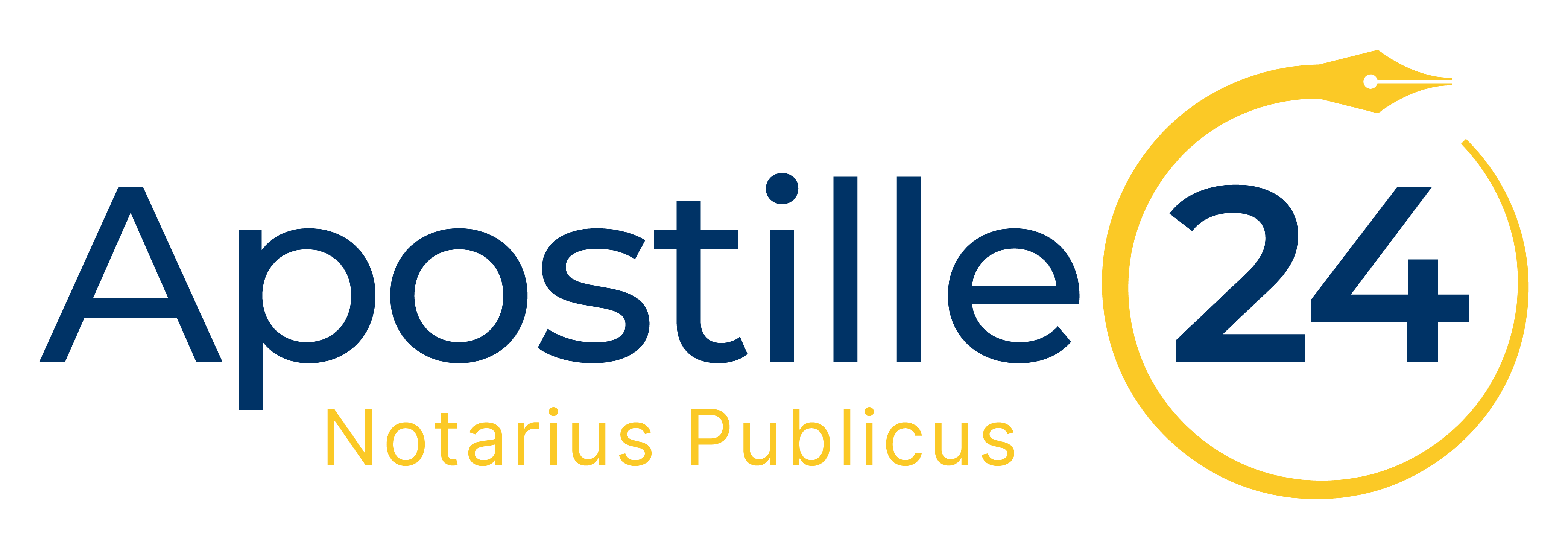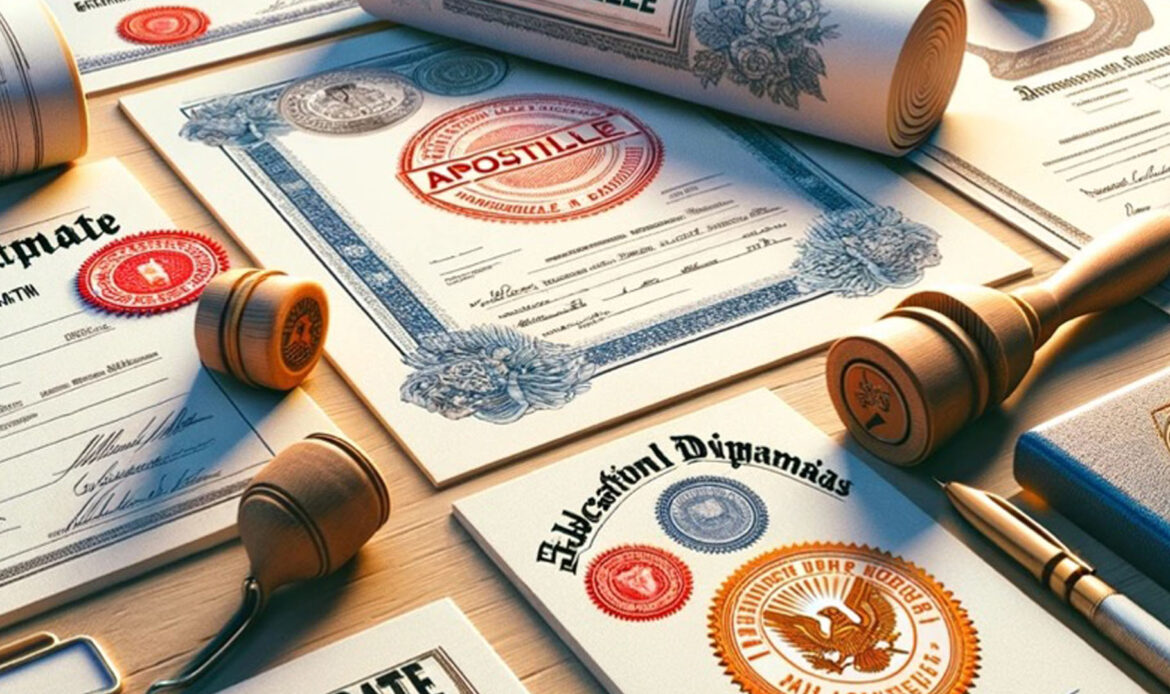In an increasingly globalized world, international documents and legal processes become more and more important. This is where the term “Apostille” comes into play. This article aims to provide an in-depth understanding of what an Apostille is, its uses, and how to go about obtaining one.
What is an Apostille?
An Apostille is a form of international certification that simplifies the process of legalizing documents for international use. Essentially, it is a stamp or certificate attached to public documents to verify their authenticity, making them valid in other countries that are members of the Hague Convention of 1961. In short, a document stamped with an Apostille is valid in all countries that are part of the Hague Apostille Convention.
The Hague Convention
The Hague Convention, formally known as the “Convention Abolishing the Requirement of Legalisation for Foreign Public Documents,” established the Apostille system with its introduction. This convention simplifies the process of document legalization by replacing the previously demanding multi-step legalization processes, where, for example, documents had to be taken to the Ministry of Foreign Affairs and then to the respective country’s embassy. Instead, one can now go directly to a so-called Notary Public.
Common Documents Used for Apostille
A variety of documents may require an Apostille for international use. Some of the most common include:
- Birth, marriage, and death certificates for example from the Swedish Tax Agency.
- Educational credentials such as diplomas and academic references
- Corporate documents such as articles of incorporation and financial reports
- Legal documents such as powers of attorney and court decisions
The Process for Obtaining an Apostille
The process for obtaining an Apostille varies somewhat from country to country, but the basic steps are usually:
- Identify the Right Authority: Each country has designated authorities that can issue an Apostille. This can be a government department, a court, or some other official institution. In Sweden, it is private individuals with a law degree who have been appointed by the County Administrative Board who are the only ones authorized to issue Apostille.
- Prepare the Documents: The documents must be in the original format or be a notarized copy. Some documents may also require translation. Make sure to ask those who have demanded the documents be stamped with an Apostille exactly what their requirements are.
- Go to a Notary Public for Apostille: Stop by the office of a Notary Public and they will help you. At Apostille24, we have a drop-in every weekday from 9-16 and can assist you directly.
Examples of Apostille Use
A concrete example of the use of an Apostille could be a person moving from Sweden to Spain and needing to validate their Swedish diploma. The person would then apply for an Apostille on the diploma for it to be recognized in Spain. It is also very common in property purchases in Spain and other countries that an Apostille is needed.
The Importance of Apostille in International Contexts
Apostille simplifies and legitimizes documents for international use, which is crucial for individuals and companies in global transactions. It ensures that documents are accepted across borders without the need for additional legalization.
Conclusion
An Apostille is simply a means to facilitate the use of documents abroad. Understanding what an Apostille is, the process of obtaining one, and its significance in international contexts can be a bit complicated, which is why you are always welcome to contact us for free advice.

